Naturopath Treatment for Acne
- Toronto, ON
- »
- Naturopathic Treatment
- »
- Acne Treatment
- Women’s Health and Wellness
- Men’s Health and Wellness
- Mental Health Treatment
- Integumentary System, Skin Diseases
- Endocrine Conditions
- Cardiovascular Conditions Treatment
- Autoimmune Disorders, Immune System Conditions
- Respiratory System Conditions
- Rheumatic, Musculoskeletal Diseases
- Gastrointestinal Conditions
- Neurological Conditions, Pain Management
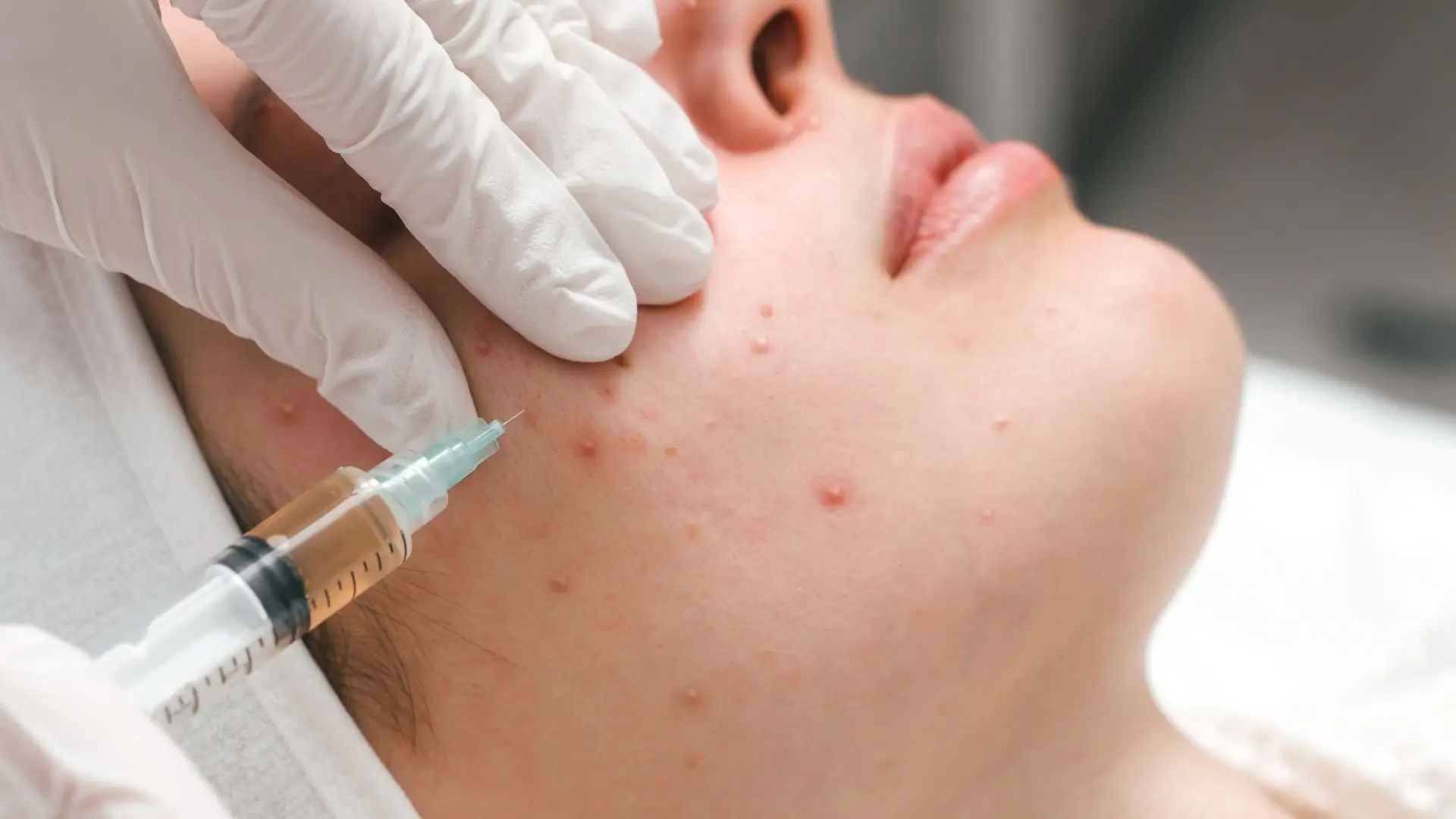
We are a team of Naturopaths at “Toronto Naturopath Osteopath Clinic” who specialize in the treatment of acne, melasma, hirsutism and other skin conditions. Our Naturopathic Doctors are experts in the field of natural medicine and can help you get to the root cause of your acne and find a treatment plan that works for you. We understand that acne can be both emotionally and physically draining, so we offer a variety of treatments including counselling, dietary advice, and supplements to help you achieve clear skin.
At Toronto Naturopath Osteopath Clinic, we use comprehensive Lab Testing, Female Hormone Panel and Male Hormone Panel alongside a visual examination to determine the main cause of the skin issues. Acne can stem from several physical causes, such as high testosterone, high cortisol or stress hormones, food intolerances, a deficient diet, inefficient liver function, or harsh synthetic makeups and beauty products.
Acne is a skin condition that affects people of all ages. It is characterized by red, inflamed lesions that can be painful and itchy. Acne can occur anywhere on the body but is most common on the face and neck. There are many different treatment options available, and most people recover completely after treatment. Acne is a common skin ailment that can be treated with naturopathy. Naturopaths use natural treatments, such as diet and supplements, to improve the appearance of skin lesions. Acne is often caused by over-production of oil and sweat, which can be treated with topical medications and/or lifestyle changes. Naturopathy Treatments also help to reduce inflammation and decrease the occurrence of blemishes.

Naturopathic Solutions for Acne: Addressing Skin Health from Within
Acne is a chronic skin condition that can be treated with naturopathy. Naturopathic treatments include natural remedies such as herbs, vitamins, and minerals. These treatments help to reduce inflammation and improve the drainage of oils and dirt from the skin. Acne can also be treated with topical agents such as creams, gels, and lotions.
Our treatment plans are successful because they address the cause for your skin condition, which is the by-product of internal health and imbalance of the body.
Symptoms
Acne is a common skin condition that can be caused by several factors, including genetics and hormones. Acne can occur on any part of the body, but is most commonly found on the face, neck, and chest. Acne can also occur in people of any age, but is more common in teenagers and young adults. There are many different symptoms of acne.
Caused by a build-up of oil and dead skin cells
Acne can be caused by a build-up of oil and dead skin cells. If left untreated, acne can cause permanent scarring. Acne is most commonly caused by hormones, but it can also be caused by lifestyle choices, such as diet and stress. Naturopaths believe that the body can heal itself and that treatment focuses on restoring balance and harmony to the body’s internal system. They may recommend dietary changes, supplements, exercise, and natural treatments like aromatherapy or probiotics to help reduce acne symptoms.
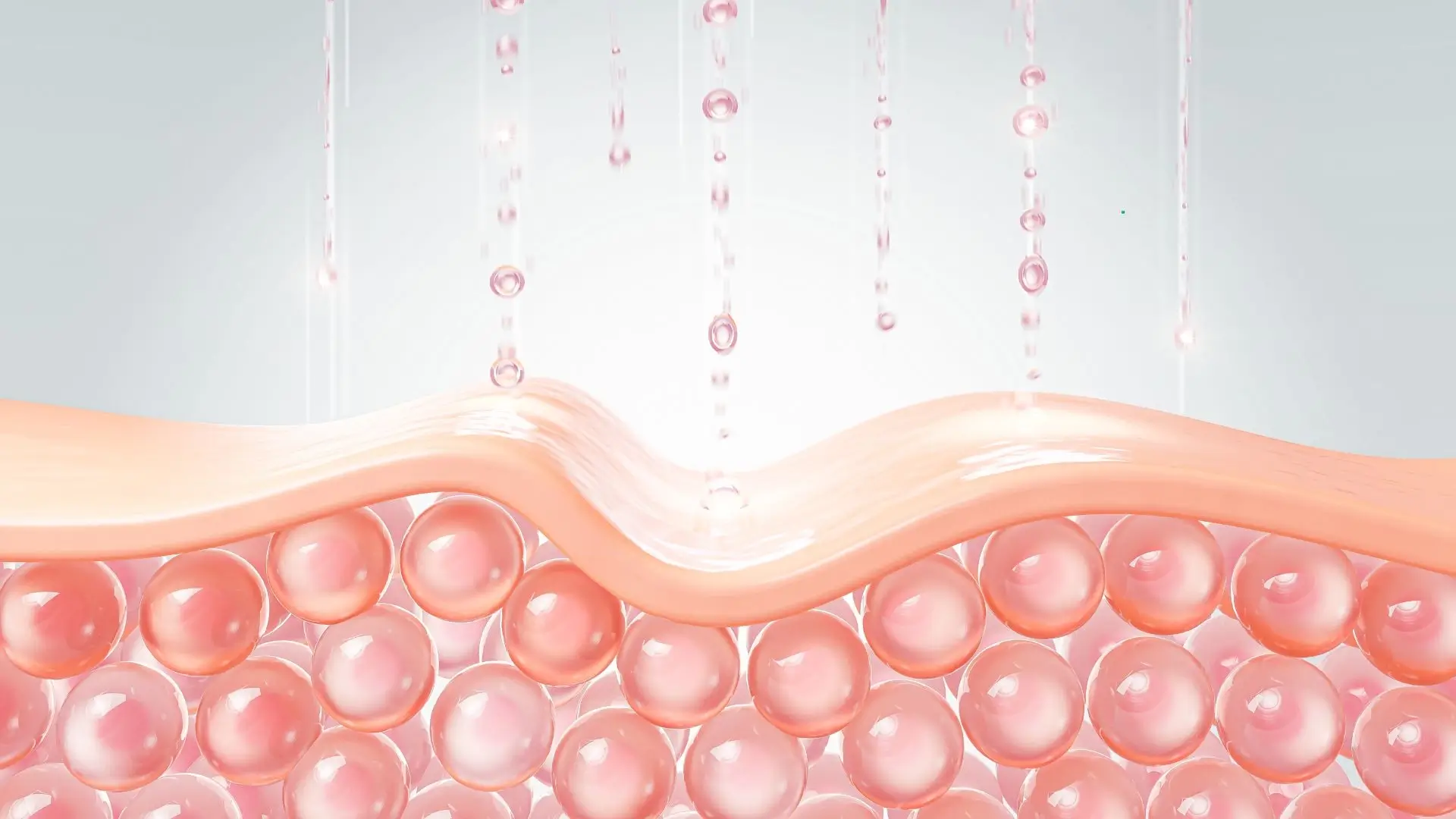
Cause redness, swelling and pain
Acne mainly affects adolescents and can cause redness, swelling and pain. The condition can be treated with antibiotics and topical medications.
Can leave scars if not treated
Acne can leave scars if not treated. Scars can be a sign of an unmet need for acne care and are often bothersome to people affected by acne. Scarring is most common in areas of the face that are repeatedly exposed to bacteria and oil, such as the cheeks, chin, and nose. There are many treatments available for acne scars, including topical medications, laser therapy, and surgical procedures.
Can be treated with over-the-counter drugs or prescription medication
There is no one-size-fits-all answer to treating acne, as the severity and location of the lesions will vary from person to person. However, there are many different treatments that can be used both over the counter and with prescription medication. Naturopaths, who are trained in natural medicine, may also be able to offer treatment options that don’t involve drugs at all, may perform comprehensive lab testing and find the root cause of your acne and find a treatment plan that works for you.
Some people are more prone to acne than others
Some people are more prone to acne than others. Acne is a skin condition that can be caused by many things, including genetics and hormones. Acne can occur on any part of the body, but it is most common on the face, neck, and chest. Acne can be treated with medication or surgery.
There are some natural remedies
There are some natural remedies for Acne treatment that can be effective, depending on the severity of the acne. Some of these remedies include drinking lots of water, avoiding foods that are high in sugar and dairy, using a cleanser that is specifically designed for Acne-prone skin, and applying topical treatments such as tea tree oil or benzoyl peroxide.
Types of Acne
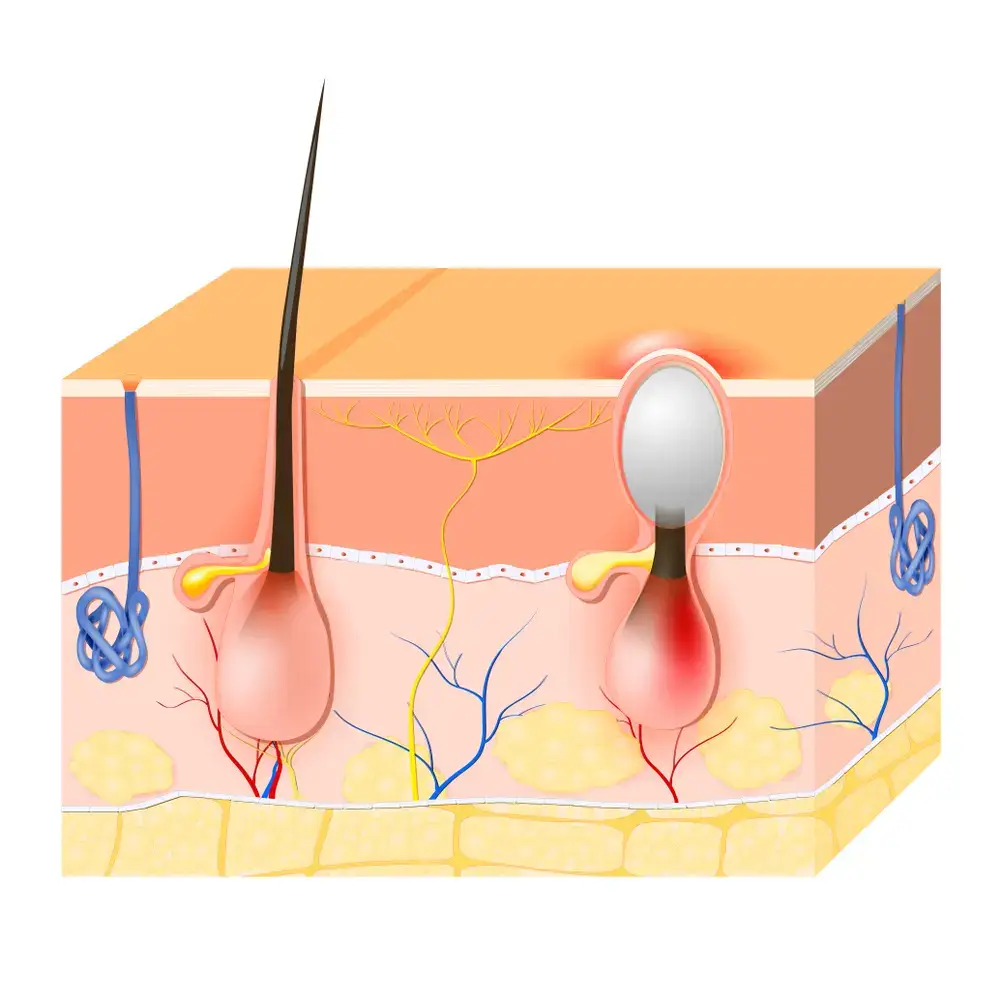
Vulgaris
Vulgaris is a condition that affects primarily adolescents and young adults. It is caused by an overproduction of sebum, which is a type of oil. Acne can be mild or severe, and can occur on any part of the body. The most common areas are the face, neck, chest, and back. Naturopath has been used as treatment for acne for years. Acne is caused by oil and bacteria accumulation on the skin. Naturopathic treatments work to correct the underlying cause of the acne, rather than just treating the symptoms.
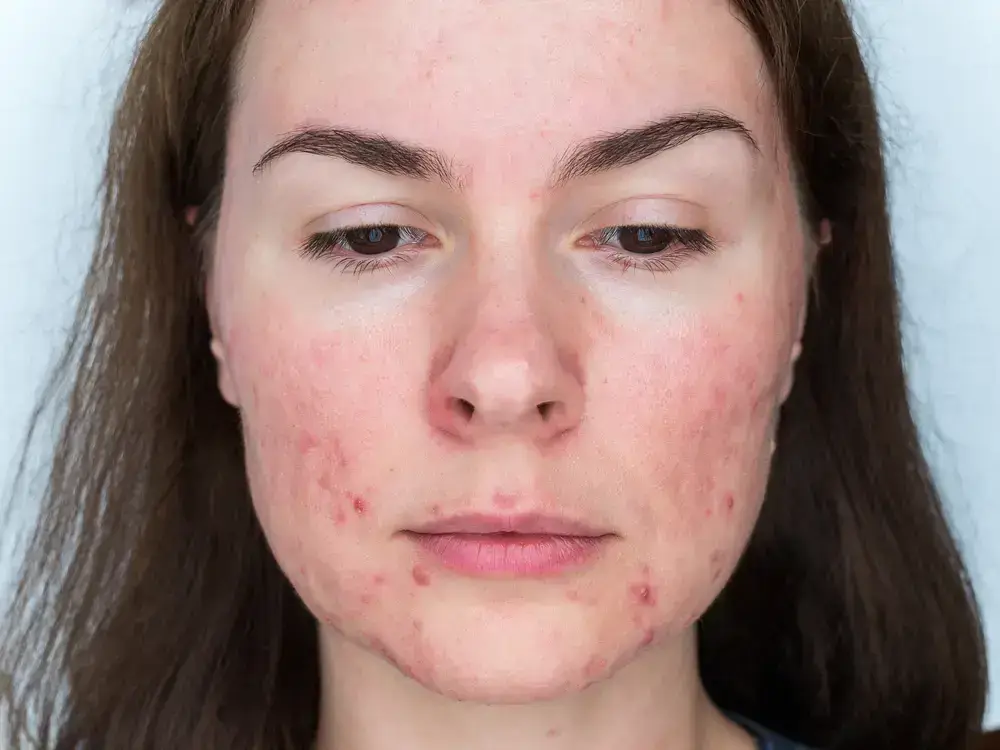
Rosacea
Rosacea is a common skin condition that can be accompanied by redness, bumps, and pimples. The condition usually affects the face, but it can also occur on the chest, back, or neck. Acne rosacea can be caused by hormonal changes, genetics, and environmental factors. Naturopathic doctors can help to treat the condition with a combination of dietary changes, supplements, and topical treatments.
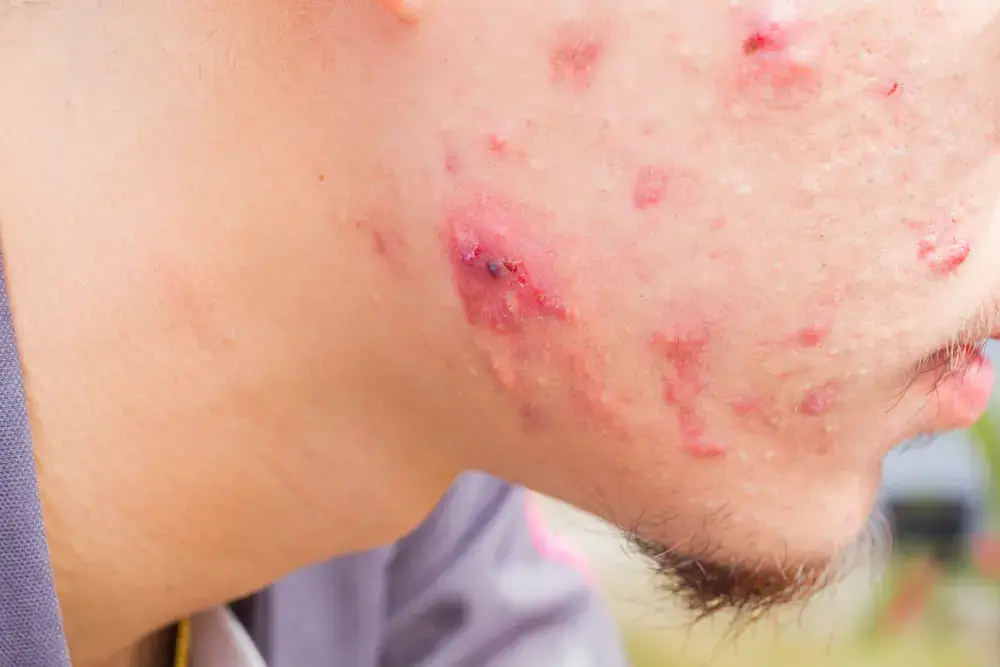
Conglobata
Acne and eczema are common skin conditions that can be difficult to treat. Acne is a skin condition that affects the face, neck, chest, and back. Eczema is a skin condition that affects the skin anywhere on the body. It can be itchy, dry, and red. Both conditions can cause discomfort and social embarrassment. Treatment for acne and eczema generally involves using topical medications, but often these treatments are not effective over the long term.
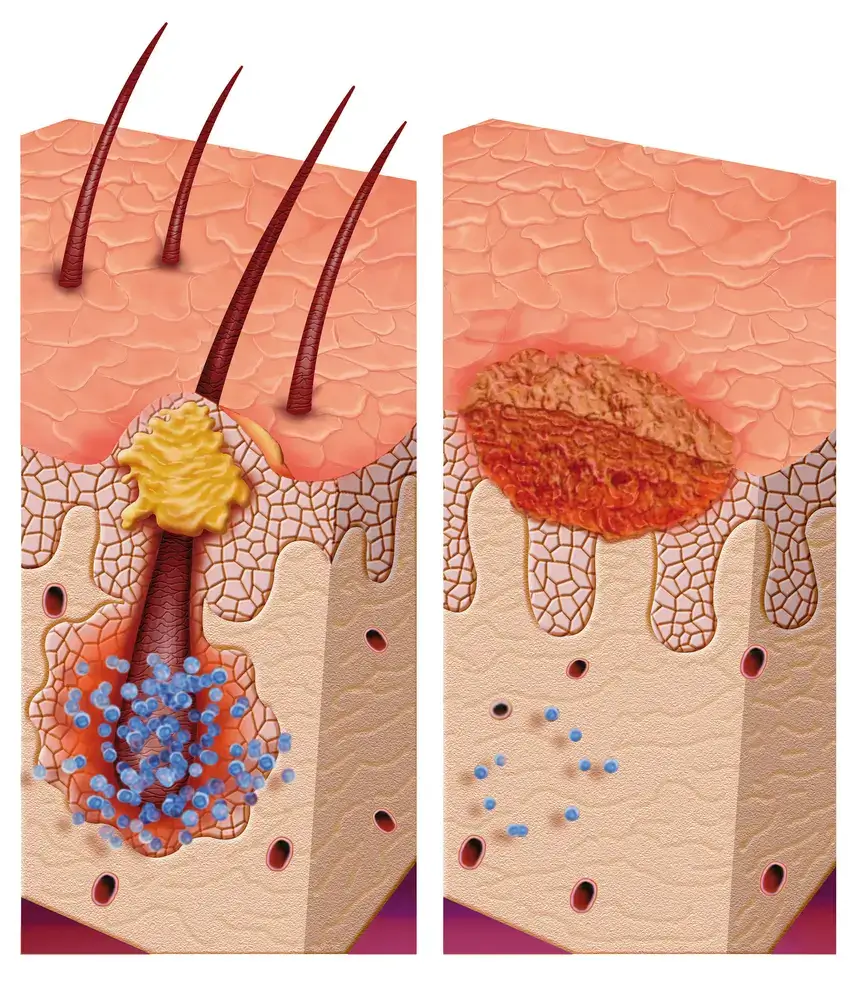
Pityrosporum folliculitis
Pityrosporum folliculitis, or more commonly known as folliculitis, is a skin condition that can be caused by a variety of factors. One of the most common causes is using products that contain harsh chemicals or ingredients. Many people turn to naturopaths for help when trying to treat this condition because naturopaths are experts in treating conditions with natural ingredients. Pityrosporum folliculitis is a common skin infection that can be treated with naturopathic treatments. Naturopaths use natural remedies and supplements to treat the infection. Some naturopathic remedies include topical applications of herbs or oil, oral supplements, and immunotherapy.
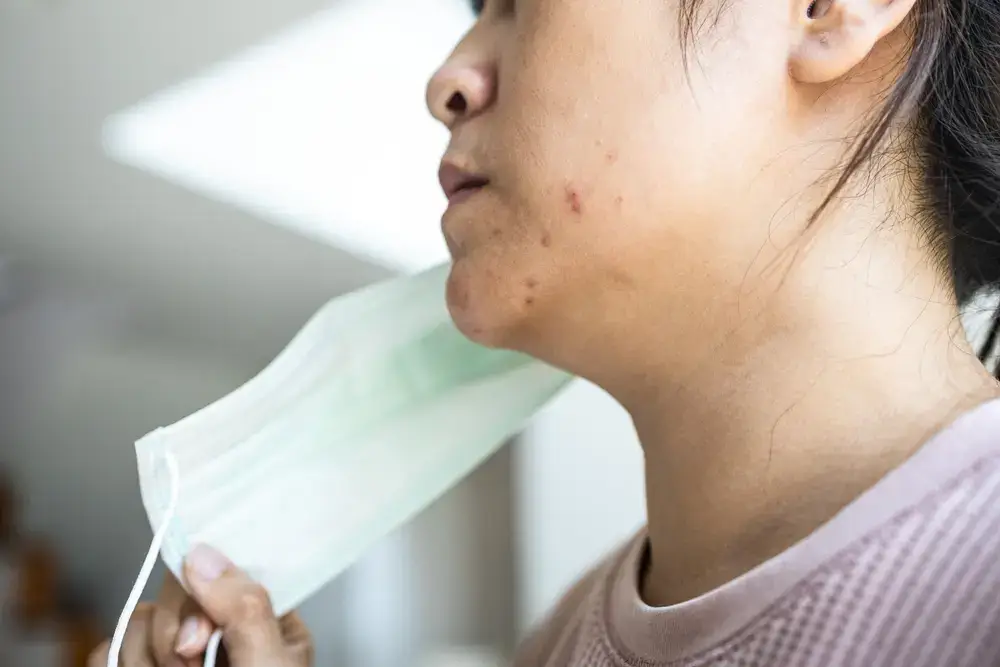
Fulminans
Acne fulminans is an extremely severe form of acne that can be fatal. If left untreated, acne fulminans can lead to permanent scarring and even death. There is no cure for acne fulminans, but there are a number of treatments available that can help improve the symptoms. One of the most commonly used treatments is naturopathic care. Naturopaths typically use a variety of treatments, including dietary changes and supplements, to help heal the skin and improve overall health.
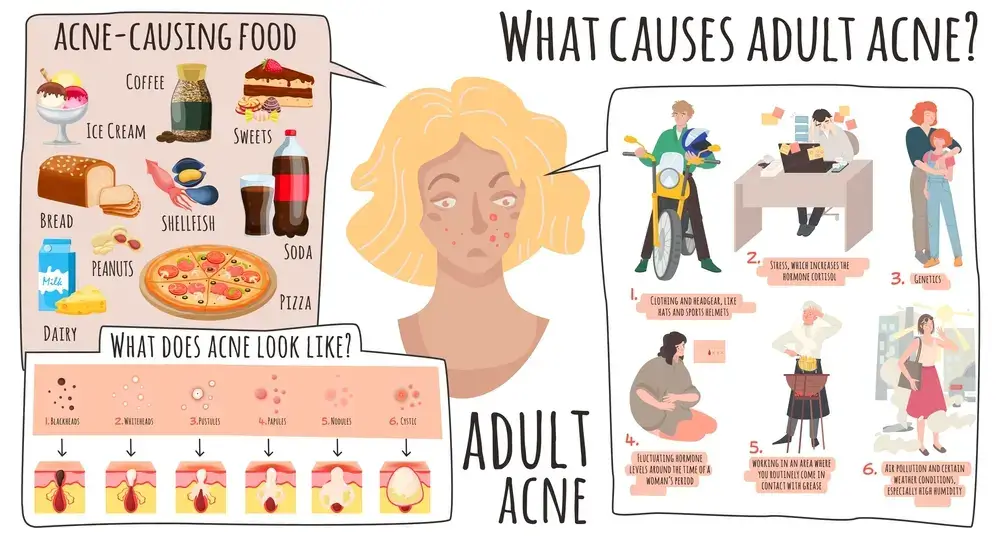
What Causes Adult Acne?
Adult acne is a skin condition that can be caused by a combination of genetics and the environment. Acne can occur at any stage in life, but it is most commonly seen during puberty. Acne can also occur in adults after the age of 30. Adult acne affects both men and women. It can be triggered by hormones, stress, and other factors. It is caused by the overproduction of sebum, which is a naturally occurring oil found on the skin. Acne can occur anywhere on the body, but is most common on the face, neck, and chest. Adult acne usually starts on the face, neck, or chest and can get worse over time. It can be difficult to treat, but there are several treatments available that can help reduce the severity and length of the condition.
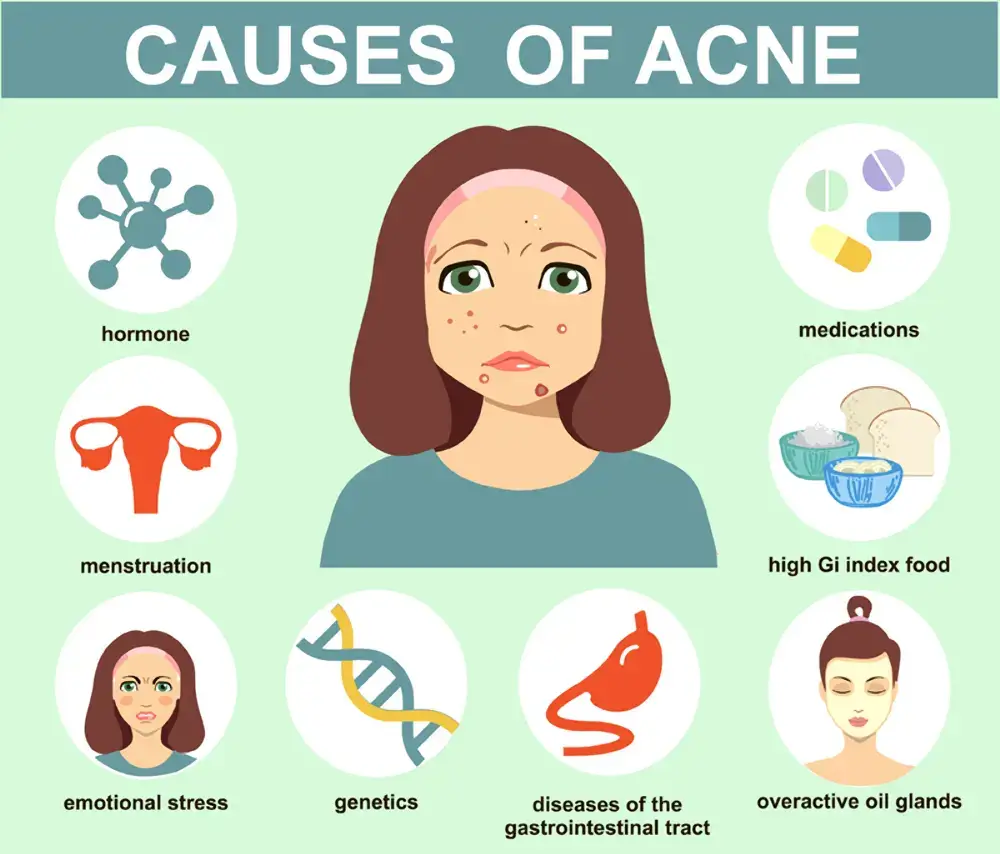
Causes of Acne
Acne is caused by a combination of factors, including overactive sebaceous glands, bacteria, and the buildup of dead skin cells.
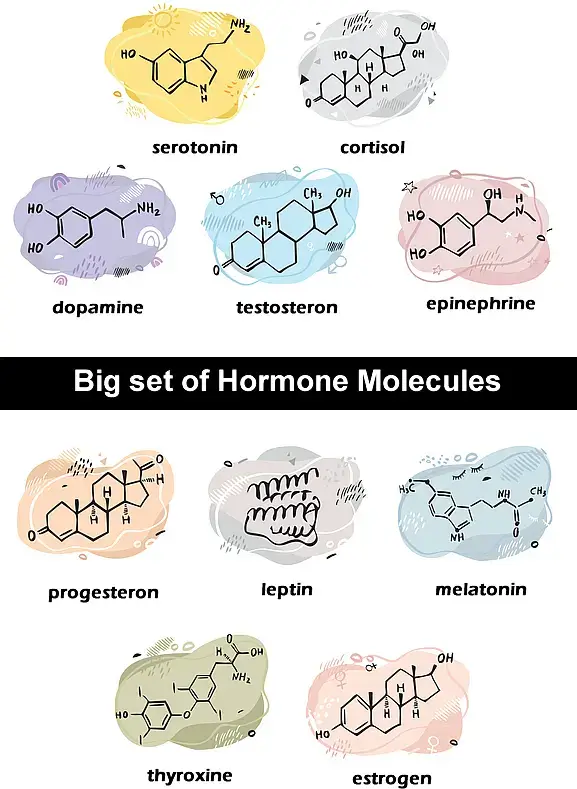
Hormones
There are many hormones which can cause Acne. Many of these hormones are linked to puberty, and can change how the skin develops and responds to hormones. Some other factors that can contribute to Acne include genetics, diet, and lifestyle. Follow up with Naturopathic Doctors in regards to Female Hormone Panel and Male Hormone Panel. Acne hormones e.g., Serotonin, Cortisol, Dopamine, Testosterones, Epinephrine, Progesteron, Leptin, Metalonin, thyroxine, and Estrogen seems to play a role in the development of acne, and they may also be responsible for the severity of acne. In addition, it appears that different acne hormones work together to cause the condition. Naturopaths are a growing and popular form of alternative medicine. We at Toronto Naturopath Osteopath Clinic often prescribe natural treatments for common ailments, such as hormone acne. Naturopaths may recommend supplements or natural medications to regulate hormones, which can help reduce the severity and frequency of acne breakouts.

Genetics
Genetics can play a big role in development of Acne conditions. Acne may run in families, and some people are more likely to develop acne than others based on their genes. Some of the genes that have been linked to acne include those that control oil production, inflammation, and sebum production.
Poor Diet
There is a link between a poor diet and Acne. In fact, a diet high in processed foods and sugar can actually worsen acne. This is because sugary foods promote the overproduction of sebum, which is the oil that helps to breakout your skin. Additionally, diets high in unhealthy fats can also lead to an increase in sebum production. Poor diet can lead to an imbalance of the hormones that control oil production and inflammation, which can trigger acne. Some of the foods that are most commonly linked to acne include processed foods, sugary drinks, and junk food. It’s important to make sure that you’re getting all of the nutrients your body needs to fight acne and keep your skin looking healthy.
Stress
When you’re under a lot of stress, your body starts producing more cortisol, which can cause acne. Cortisol is a hormone that’s responsible for regulating your blood sugar and helping you to fight off infection. It can also play a role in the production of oil and sweat, which can lead to acne. If you have acne and you’re stressed out, there are some things that you can do to reduce your stress levels and improve your acne. First, try to get enough sleep.
Pollution
Pollution can cause Acne. The dirty air can irritate the skin and cause pimples or acne. Pollution can come from cars, factories, or other sources. Cigarette smoke and other types of pollution also can cause Acne. Acne is often caused by hormones and smog, both of which can cause inflammation and rosacea.
Lack of Sleep
Lack of sleep is a common cause of acne. Acne is caused by oil and bacteria production. Oil production is increased when you don’t get enough sleep because your body doesn’t have time to break down the oils that are produced during the day. Lack of sleep also decreases the amount of oil that is washed off your face during the day. This decreases the chances of getting rid of bacteria that can cause acne.
What foods cause Acne?
Naturopathic treatments such as dietary modifications and topical applications of natural oils and herbs have been found to be very effective at treating acne in many cases. The skin is the largest organ of the body. It contains more than 100,000 sweat and oil glands that produce an oily substance called sebum. This happens so that the skin can be water-proof and prevent moisture loss.
Dairy
Acne is a skin condition that can occur on any part of the body. Dairy foods are one of the most common food sources of acne. Acne is caused by the overproduction of sebum, which is a natural oil produced by the skin. Dairy foods contain high levels of milk proteins and other dairy products, which can cause an overgrowth of bacteria in the skin.
Processed Foods
Processed foods often contain high levels of sugar which can cause acne. They can also be high in unhealthy fats and chemicals that can aggravate the skin. In addition, processed foods are often full of processed additives that can cause inflammation and block pores. By avoiding processed foods and eating more fresh, whole foods, you can help prevent acne from developing.
Sugary Foods
There is no doubt that sugary foods can cause acne. In fact, consuming too many sugary foods has been linked to the development of acne in both adults and children. A study published in the journal “PloS One” found that people who ate diets high in sugar had a greater chance of developing severe acne than those who ate diets low in sugar.
Chocolate
Chocolate foods are not just tasty, they also have the potential to cause acne. Acne most often occurs in adolescents and young adults. It is caused by the overproduction of oil and sweat, which can lead to breakouts on the skin. Chocolate contains high levels of sugar and can be a major trigger for acne. It’s recommended that people avoid eating chocolate if they are prone to acne, as it could make the condition worse.
Spicy Foods
A study published in the journal Dermatology found that people who ate a lot of spicy foods were more likely to develop acne. The study participants were asked to report on their dietary habits and then they were given a questionnaire about their acne symptoms. This is likely because spicy foods contain compounds that can trigger the release of oil and bacteria from the skin.
Greasy Foods
Acne can be caused by a number of things, but one of the most common causes is greasy foods. Greasy foods make your skin oily and cause blemishes to form. If you are trying to clear your acne, it is important to avoid greasy foods.
Naturopathic Doctors for Acne Treatment
There is growing interest in Naturopathic treatment for acne and for Toronto Naturopath Osteopath Clinic specific to holistic approach. Naturopathic Treatment has been found to be more effective than traditional treatments. There are many possible causes of acne, including hormones, diet, stress, and bacterial infection. Many people find that conventional treatments for acne, such as antibiotics or topical medications, do not work very well and will may have more side effects.
Naturopathy Doctor at “Toronto Naturopath Osteopath Clinic” use a variety of methods to treat acne. Naturopathic Doctors first uses comprehensive lab testing alongside a visual examination to determine the main cause of the skin issues. Acne can stem from several physical causes, such as high testosterone, high cortisol or stress hormones, food intolerances, a deficient diet, inefficient liver function, or harsh synthetic makeups and beauty products.
Prevention:
There are several things you can do to help prevent acne from developing.
Clean your skin regularly
Clean your skin regularly to prevent acne. Acne is caused by the overproduction of oil and dead skin cells on the face. Clear up your skin with these tips:
- Wash your face twice a day with a gentle soap.
- Use a moisturizer after washing your face to keep it hydrated.
- Avoid using harsh scrubs or cleansers that can cause irritation or breakouts.
Don’t touch your face
Many people find that reducing the number of times they touch their face helps to prevent or reduce acne. By not allowing your hands to get close to your face, you can help to avoid the release of bacteria and oil that can cause acne.
Use a gentle cleanser
One of the most important things you can do is to use a gentle cleanser. This will help keep your skin clean and free from any bacteria that could cause acne.
Avoid oily cosmetics and chemicals
Oily cosmetics and chemicals can cause acne. To prevent this, try to use clean and natural products that won’t aggravate your skin. For example, using a facial wash that contains glycolic acid can help break down the oils and bacteria that can cause inflammation and pimples.
Drink plenty of water
Water is essential for keeping the skin clean and hydrated. When the skin is clean, it can fight off bacteria, resulting in less acne. Drinking plenty of water also helps to reduce weight, given that overweight people have more acne.
Get enough sleep
When you don’t get enough sleep, your hormones are working harder and your skin is trying to do its job more than usual. One of the ways that acne can be prevented is by getting enough sleep.
Toronto Naturopath Osteopath Clinic Services

Women’s Health and Wellness
Naturopathic doctors often specialize in women’s health and wellness, providing preventive care and support for women during all stages of life.
- Boost Fertility Naturally
- Prenatal and Postnatal Development
- Infertility Treatment
- Menopause and Depression
- Anxiety and Depression
- Mental Health
- Endometriosis Treatment
- Acne and Eczema
- Uterine Fibroids, Back Pain
- Leaky Gut Syndrome
- Weight Loss
- HPV and Cervical Treatment
- Bacterial Vaginosis Treatment

Men’s Health and Wellness
Men’s health and wellness is vitally important. Not only does the health of men directly affect their families, but it also has a significant impact on society as a whole.

Mental Health
Holistic approach may be particularly beneficial for people with mental health concerns, as it can help to address the underlying causes of their symptoms.
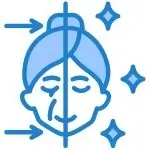
Integumentary System, Skin Conditions
Naturopathic doctor specializes in the integumentary system, which includes the skin, hair, and nails. Naturopathic doctors can treat a variety of skin conditions, such as acne, eczema, and psoriasis.
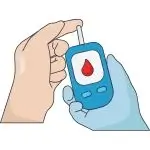
Endocrine Conditions
Some of the most common endocrine conditions that naturopaths help to treat include diabetes, thyroid dysfunction, and adrenal fatigue.

Cardiovascular Conditions
Naturopathic doctors provides holistic care and are able to help people with a wide range of cardiovascular conditions.

Autoimmune Disorders
An immune system condition is any condition that affects the immune system. This can include things like infections, autoimmune diseases, and allergies.
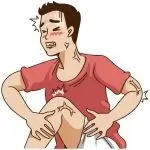
Rheumatologic and Musculoskeletal Conditions
Rheumatologic and musculoskeletal conditions are a type of medical problem that can cause pain, inflammation, and limited movement in the joints.
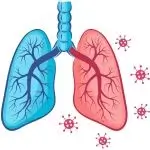
Respiratory System Conditions
A naturopathic doctor (ND) holistic approach that focuses on the whole person, rather than just the symptoms of the illness. Naturopaths believe that the body has an innate ability to heal itself.
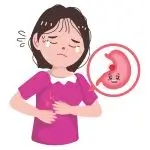
Gastrointestinal Conditions
A naturopathic doctor for gastrointestinal conditions typically uses a variety of natural therapies to help restore the health of the gastrointestinal tract.

Neurology and Pain Management
Naturopathic doctors are trained in a variety of natural therapies which can be used to help treat neurological conditions. Some of these therapies include botanical medicine, homeopathy, and acupuncture.
If you liked this content and found it to be informative, please rate it.
